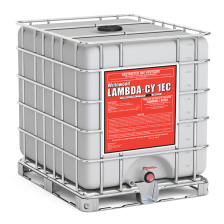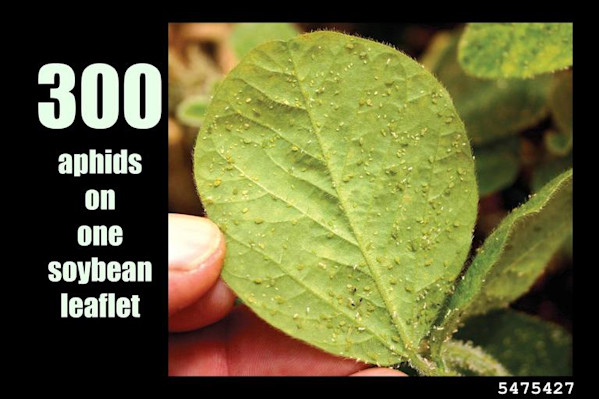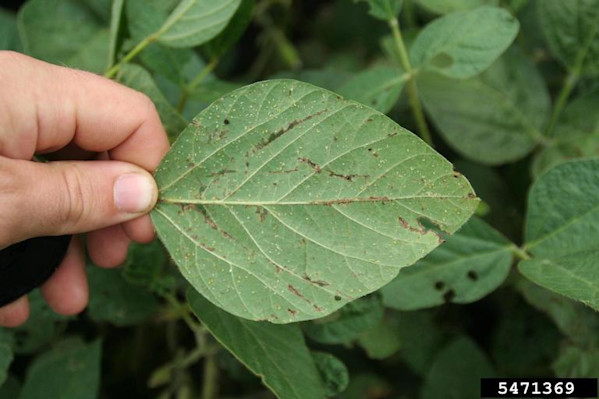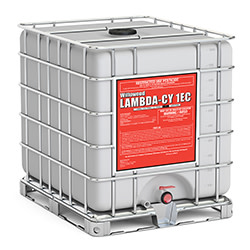How to Identify Soybean Aphids
To effectively manage soybean aphids, accurate identification is crucial. These pests are small, measuring only around 1/16 to 1/8 inch in length, and range in color from pale yellow to green. With a distinctive pear-shaped body, one key characteristic sets them apart from similar-looking insects: the presence of cornicles, small tube-like structures located on their hind end.
To spot soybean aphid presence in fields, look for signs such as:
Curled or distorted leaves
Honeydew, a sticky substance secreted by aphids)
Ants attracted to the honeydew
Closely examine the undersides of leaves, especially in the upper canopy, using a hand lens if necessary.
(Image Credit: Roger Schmidt, University of Wisconsin-Madison, Bugwood.org)




